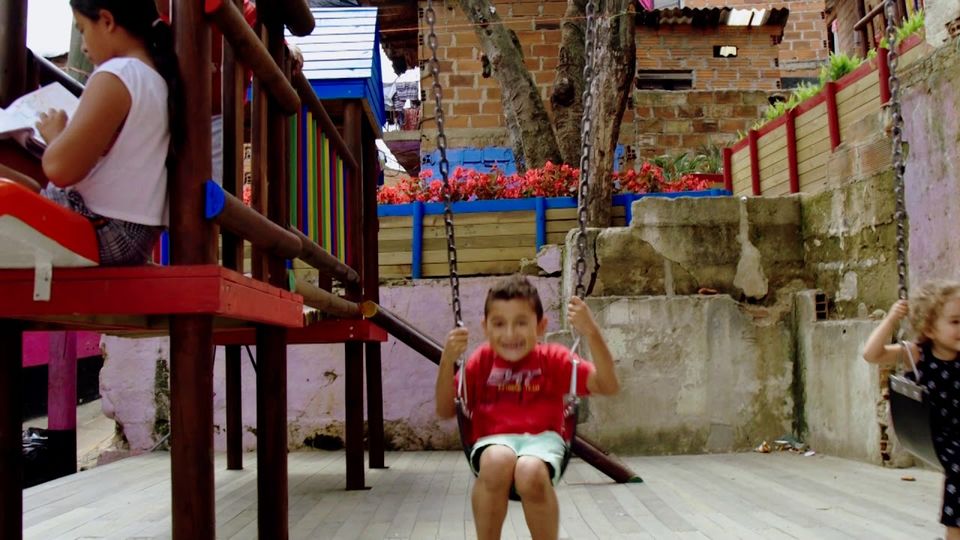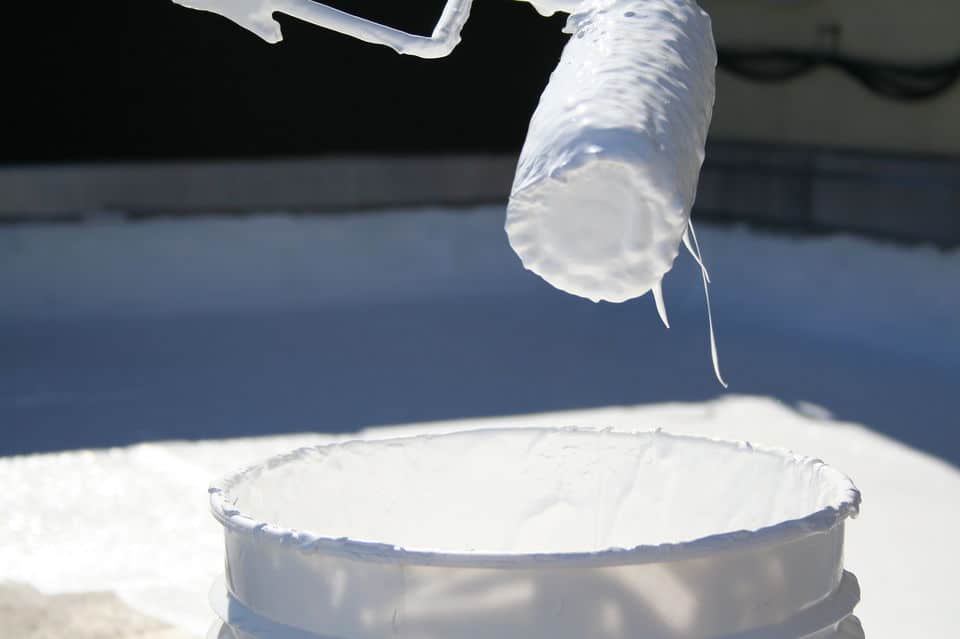By Harriet Lamb, Ashden CEO
Around the
world, everyday items are unlocking sustainable energy and helping us tackle the
growing climate emergency. What turns these humble objects – from spades and
fridges to paint pots – into powerful tools for solving our energy challenges?
Collaboration, community action and an understanding of local needs.
This week,
outstanding climate action by seven people and organisations will be showcased
at Seven for 7, an event organised by Sustainable Energy for All in partnership
with Ashden. The night will celebrate leadership on Sustainable Development
Goal 7, the global drive to bring everyone access to sustainable energy by
2030. We are not yet on track to reach this crucial target. This year Seven for
7 focuses on the links between health and sustainable energy – including work
to cool our cities, provide decent healthcare and find alternatives to deadly
polluting cookstoves.
Here are seven
simple objects these leaders are using to create a better world.
A pot of
paint
The New
York City CoolRoofs Initiative
A warming
world creates huge health risks– particularly in cities, where buildings and
roads trap heat to push temperatures ever higher. In New York city authorities,
charities, building owners and volunteers are coming together behind a
straightforward solution – painting roofs white so they reflect as much heat as
possible. Lower temperatures will cut the demand for air conditioning – a big
contributor to the climate crisis.
A spade
Medellin
Green Corridors Project
Medellin in
Colombia has taken a different approach to urban cooling, planting 8,300 trees
and 350,000 shrubs along roads and waterways. The vegetation gives shade and
absorbs heat. The city has trained marginalised people, including rural
migrants and those displaced by conflict, to take on jobs tending the greenery.

A phone
Ahmedabad
Heat Action Plan
In 2010 a vicious
heatwave caused hundreds of deaths a day in Ahmedabad, India. The city responded
with a bold heat action plan, now copied by dozens of other cities. The plan features
steps to supply water, prepare hospitals and keep residents informed and
updated. One key method is sending ‘red alerts’ to people’s phones when heat is
about to become dangerously high.
A fridge
Chhattisgarh
State Renewable Energy Development Agency
Lack of reliable energy can stop hospitals running
even basic equipment, such as vaccine fridges. This puts people at risk from??entirely
preventable diseases. Solar power is a great solution, but systems must be well
managed and maintained. In India, a partnership between Chhattisgarh StateRenewable Energy Development Agency and the state health ministry has brought
reliable energy to more than 900 clinics – benefiting 80,000 patients a day.

A computer
Philips Community
Life Centers
Philips
Community Life Centers are taking healthcare to people once a long way from, or
unable to afford, treatment. The centres in Kenya and the Democratic Republic
of Congo, packed with modern equipment, are partnerships between communities,
governments and Philips. Their features include ultrasound scanners, baby
resuscitators and electronic record systems – all made possible by reliable
solar power.
Plastic
tubing
Sisteam.bio
Household air pollution causes up to 4 million
deaths a year. Sistema.bio’s low-cost biogas cooking system, powered by animal
waste, helps farmers ditch polluting cookstoves that are a major part of this
threat – replacing them with a simple system of tough plastic sacks and
connecting tubes. It produces a clean gas for cooking and other uses –
protecting people’s health and reducing carbon emissions and deforestation, by
replacing more polluting alternatives.

A
microphone
Samira
Bawumia
Honouree
Samira Bawumi, the Second Lady of Ghana, is speaking up for those most affected
by the danger of polluting cookstoves: women and girls. Last year, she told a
global World Health Organization conference that as well as taking on the bulk
of the cooking in many families – and so putting themselves at greater risk –
they spend long hours gathering firewood for inefficient stoves. She called for
political leadership to address this deadly gender inequality.
What unites
our seven – and what’s missing?
Our list
shows how people around the world, including the most vulnerable, are taking
meaningful climate action, and benefitting from sustainable energy. We won’t
solve our energy challenges by wishing for new technology or imposing top-down
solutions – we’ll do it by empowering people, giving them the support to lead
change in their own communities. This approach will drive a fair shift to a
zero-carbon world, where old inequalities are replaced by new, democratic
energy systems.
The seven
also show the power of partnerships – the Ahmedabad Heat Action Plan sees
school teachers, hospital staff, transport workers and many others
co-ordinating their efforts to fight a deadly threat – while CREDA’s innovation
springs from a ground-breaking budget arrangement with the state health department.
The seven
also deliver benefits beyond tackling global warming. Philips Community Life
Centers are hubs where people can meet and trade as well as getting healthcare,
while Sistema.bio’s cooking solution allows farmers to safely dispose of manure
that might otherwise damage the environment.
Crucially, the seven trust local people to
deliver change in their own neighbourhoods – whether they are volunteers on the
roofs of New York or newly trained gardeners turning Medellin green. Often we
need different solutions appropriate to each locality and only local people can
find those solutions.

